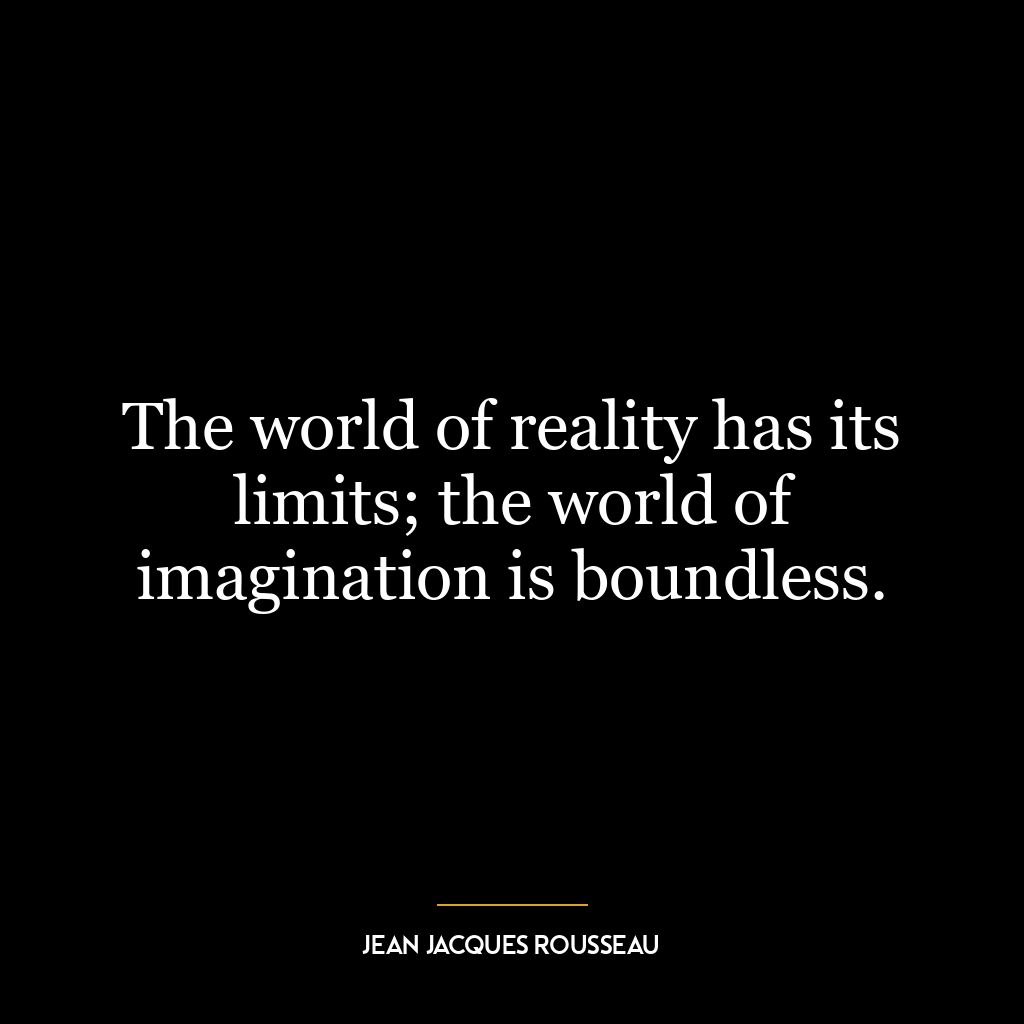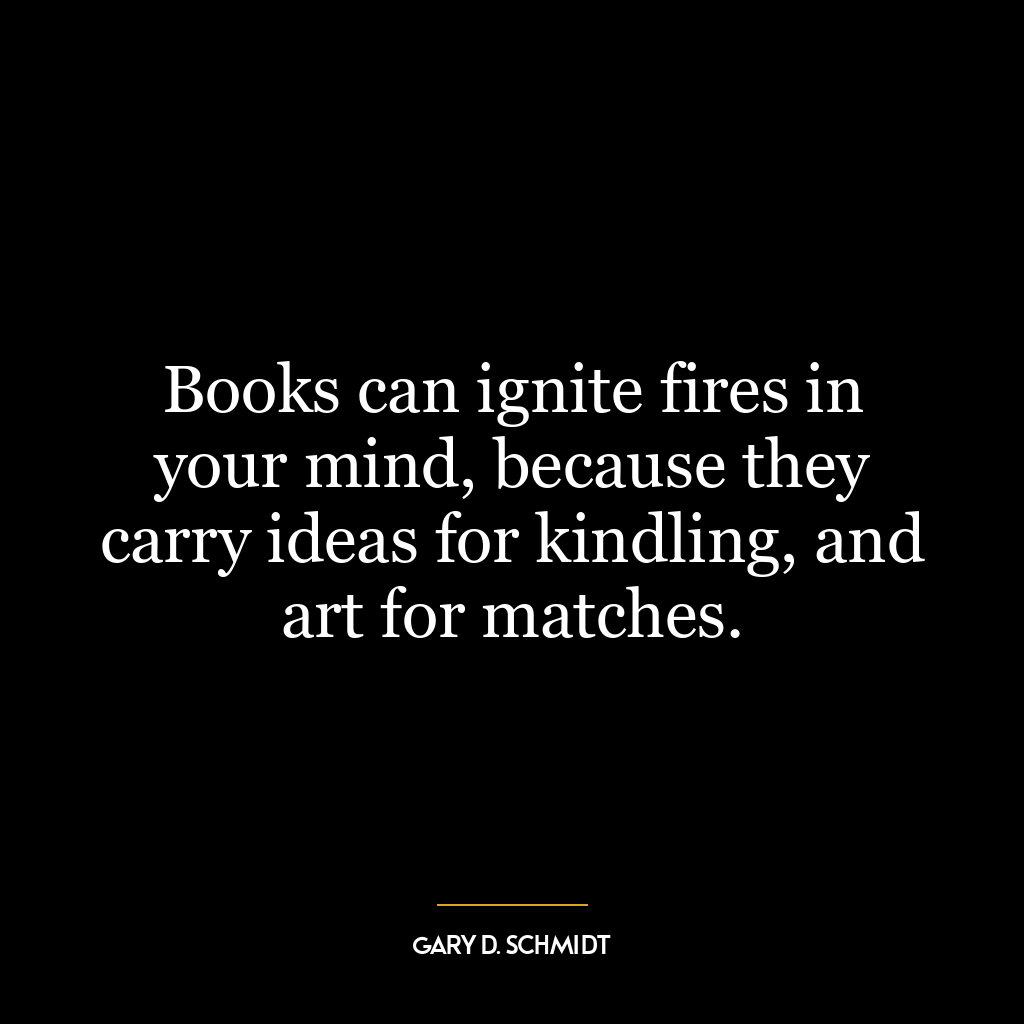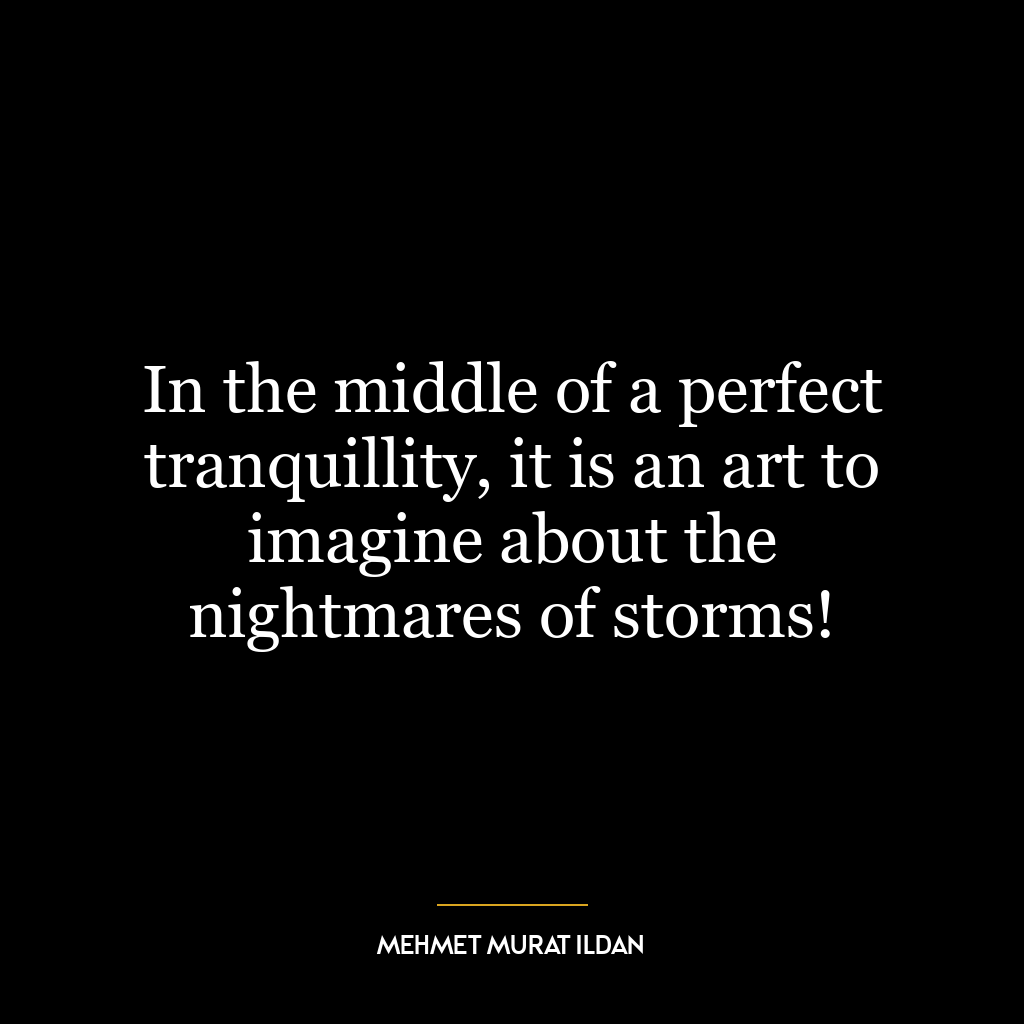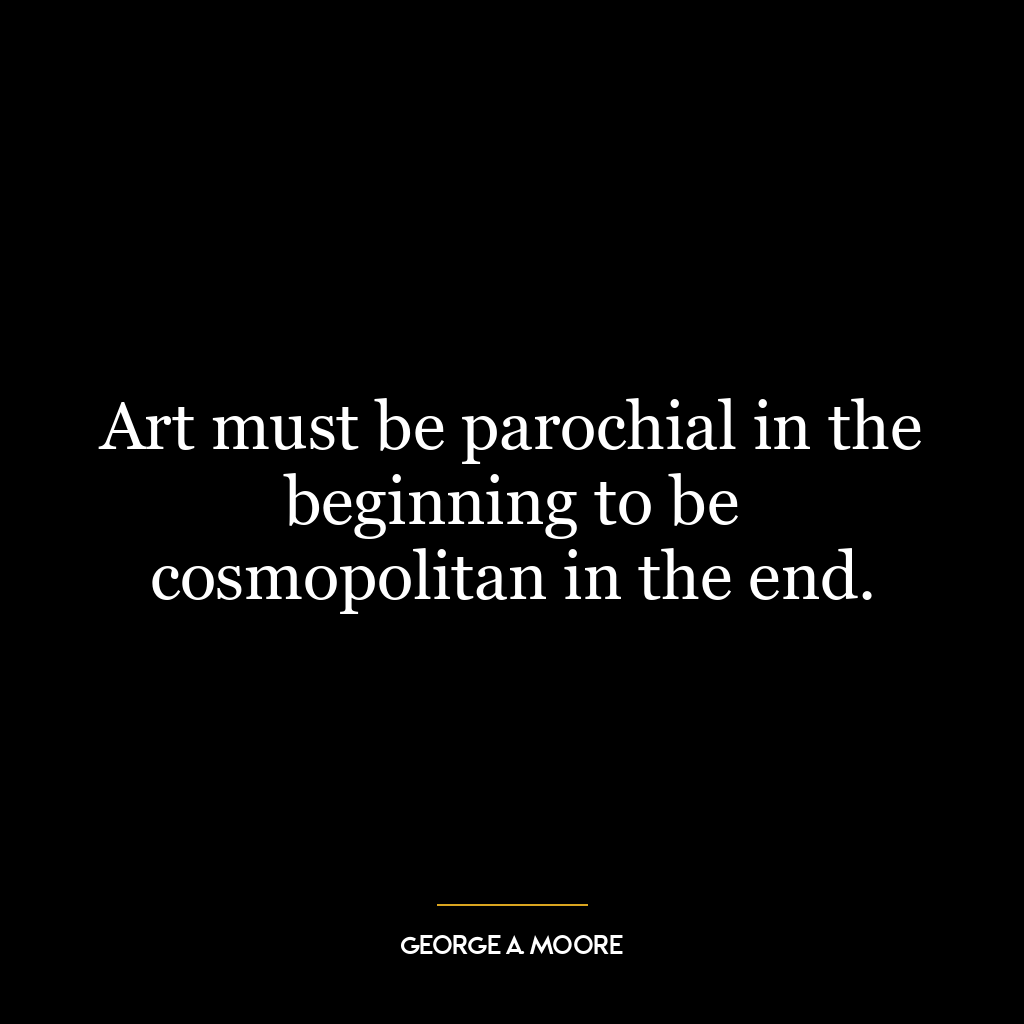After all, we did not invent symbolism; it is a universal age-old activity of the human imagination.
This quote suggests that symbolism is an inherent part of human cognition and creativity. It is not a construct that we have consciously developed; rather, it is a natural product of our imaginative capacity. Symbolism is the practice of representing things by symbols, or attributing symbolic meanings to objects, events, or relationships. It is a way of imbuing the world around us with deeper meaning, beyond the literal or superficial level.
The universality and age-old nature of symbolism can be seen in various aspects of human culture and history. From ancient cave paintings to religious texts to modern art and literature, symbols have been used to convey ideas, emotions, and concepts that might be difficult to express directly. For example, a dove can symbolize peace, a red rose can symbolize love, and a skull can symbolize mortality.
In today’s world, symbolism continues to play a crucial role in various fields. In literature and film, authors and directors use symbolism to add layers of meanings to their works, enriching the audience’s experience and understanding. In advertising and branding, companies use symbols to convey their brand values and to connect emotionally with consumers. Even in our everyday communication, we use emojis, which are essentially symbols, to express our feelings and intentions.
In terms of personal development, understanding and harnessing the power of symbolism can be beneficial. Recognizing the symbols in our dreams, for instance, can provide insights into our subconscious mind and help us address hidden fears or desires. Using symbols can also enhance our communication and creative expression, allowing us to convey complex ideas in a simple and effective way. Furthermore, by understanding the symbols used in different cultures, we can foster cross-cultural understanding and respect.
In conclusion, symbolism is a fundamental aspect of human imagination. It is a tool that we have been using since the dawn of humanity to make sense of the world, to communicate, and to express ourselves. By recognizing and appreciating this, we can enrich our personal and professional lives.








